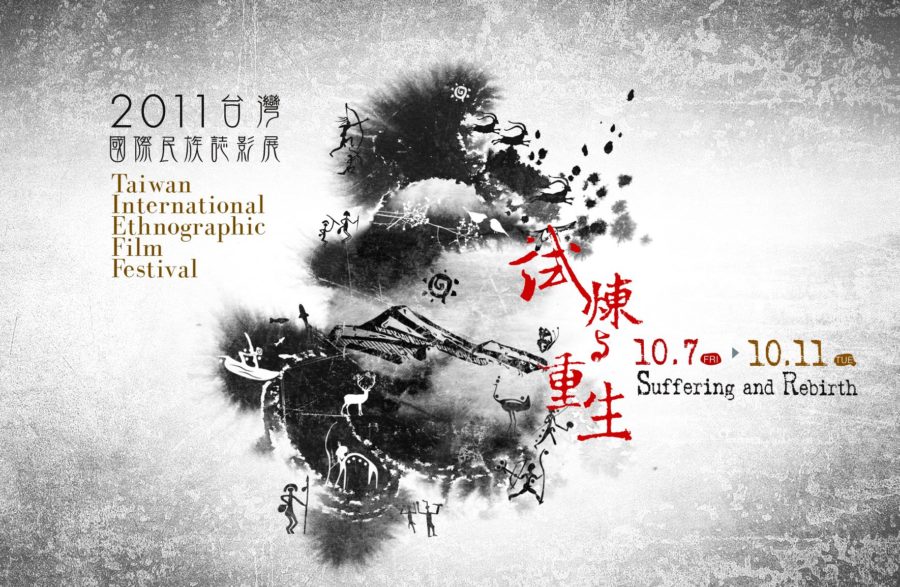Lancit,Matthew. Funeral season (la saison des funérailles): marking death in Cameroon. DVD, English subtitles, 2010
Matthew Lancit is a young Canadian filmmaker who went to Cameroon to be with his French girlfriend. She was working in the Bamileke town of Dschang, and as it happens their flat was next door to the morgue. One thing led to another and the result is a film about ways of dealing with the dead in the ever-evolving complex of ‘Bamileke Tradition’. This is more concerned with secondary funerals rather than burials (something that morgues have changed), which can happen many, many years after a person has died. These ‘cry dies’ (to use the Cameroonian pidgin English) or ‘funérailles’ (as they are called in Cameroonian French) punctuate the dry season months every year. They can only occur once the family, friends, associated savings societies (tontines or rotating credit societies), and church and cult associations (where relevant depending on the affiliations of the deceased and surviving kin) have accumulated enough money to pay for celebrations lavish enough for the person concerned. In some cases nothing can (should) be done until the family (on behalf of the deceased) has built a house in the natal village, and one cannot commemorate a person until their own parents have been themselves commemorated. It is easy to see how an accumulation of commemorative debt can pile up on a family group.
Lancit is not an anthropologist and makes no claim to be one. What his film captures is both the joyous (and somewhat chaotic) exuberance of the organization of ‘traditional’ events in Cameroon and also the feel for how chains of connection get established which shape what happens in fieldwork. He goes to see a traditional doctor (he uses the term ‘witch doctor’) but spends more time talking to his interpreter than the man he was supposed to be interviewing. So he ends up going to the interpreter’s home village. Similarly his tailor and a motorcycle taxi driver end up being interviewed and taking him to funerals. We arrive in one village to interview the chief on the night his installation is being completed, so we hear the dancing but cannot see it, although later we attend the public festivities that mark the completion of the succession. (The new chief makes a speech in English lamenting the demise of tradition and the local language.)
Lancit is a player in all this. His Jewishness features as part of what makes him different from his girlfriend and other ‘Europeans’. We see him as an ingénue struggling with poor French and discussing what is happening and why people are so concerned to do this. He is also struggling with his own memories, his own dead, so we see stills of the Cameroonian dead and then a clip of a video from his Bar Mitzvah and a still of his now dead uncle (whom he is said to resemble).
Overall I enjoyed this film and can see a role for it in teaching since it so well conveys the character and feeling of its topic. It asks interesting questions yet does not pretend to be more than it is.
David Zeitlyn University of Oxford Journal of the Royal Anthropological Institute (N.S.) 17, 632-680 © RoyalAnthropological
